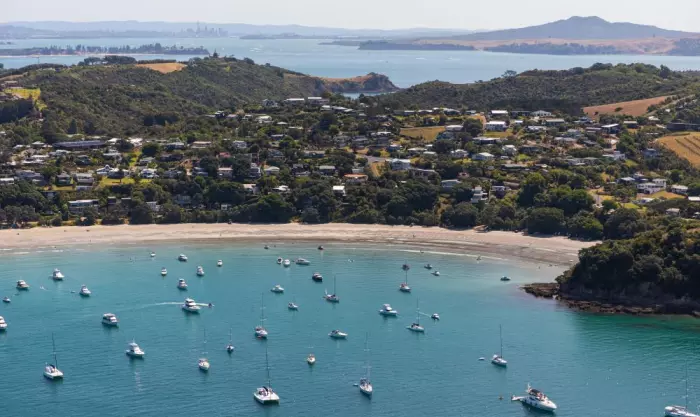Too many New Zealanders are drowning because their boats are unsafe or they lack basic boat-handling and safety knowledge and the time has come for boat licences, the Transport Accident and Investigation Commission says.
The Ministry of Transport (MoT) and Maritime New Zealand have agreed to begin an inquiry into licensing boat users and what could amount to a warrant of fitness standard for recreational boats.
This follows recommendations contained in the Transport Accident and Investigation Commission's (TAIC) latest report, on the swamping of a runabout and the loss of three lives in late 2021 on the Manukau Harbour bar.
The TAIC report found that the skipper, while experienced, had no formal maritime qualifications, and none of three passengers aboard were wearing lifejackets when the runabout lost power in high seas on an unsafe approach on attempting to re-enter the Manukau after four hours spent fishing and drinking beer on an expedition where the foursome had forgotten to pack food.
The skipper’s blood alcohol limit was twice the legal limit for driving a car.
The unnamed runabout also had insufficient buoyancy to remain afloat after it capsized.
TAIC said the MoT had last investigated recommendations for regulated boat and skipper standards a decade ago and concluded that education was the preferred approach.
TAIC chief commissioner Jane Meares said it believed that needed to be reassessed, as 15 to 20 New Zealanders a year were drowning in boating accidents.
In its response to the latest report, the MoT reiterated its view that “the introduction of skipper licensing would be a blunt instrument for dealing with a basic safety issue”.
“This notwithstanding, the ministry has consulted afresh with Maritime NZ on this recommendation and, as time and resources permit, Maritime NZ will explore the merits of initiatives such as skipper education and a licensing regime as potential mechanisms for achieving public safety objectives.
“If new evidence suggests that introducing skipper licensing, in addition to educational campaigns, would make a material difference to recreational boating safety, the Ministry will reconsider its position.”
Meares said TAIC had no statutory powers to compel transport or maritime regulators to act on its recommendations or to require more urgent attention to its recommendations.





